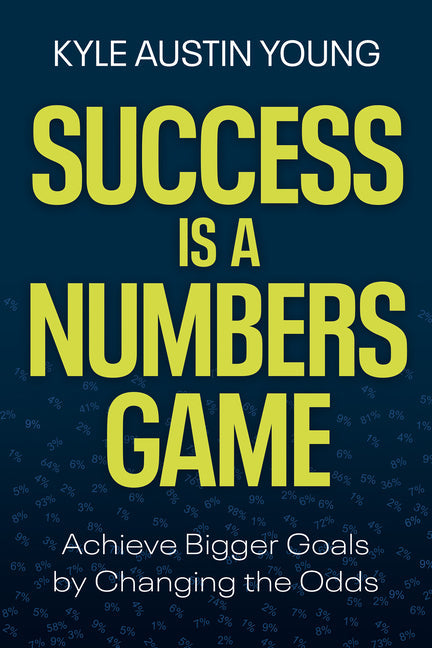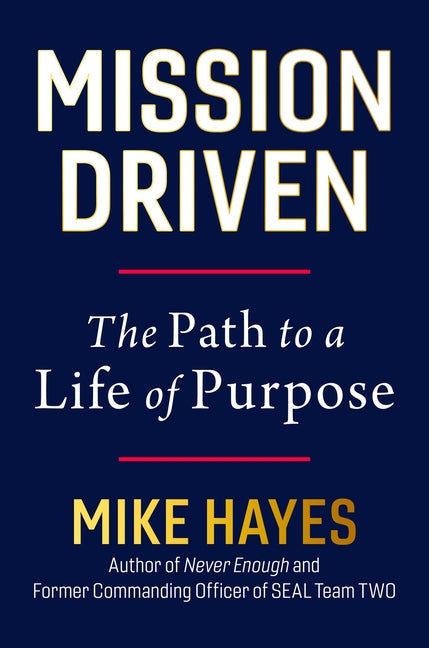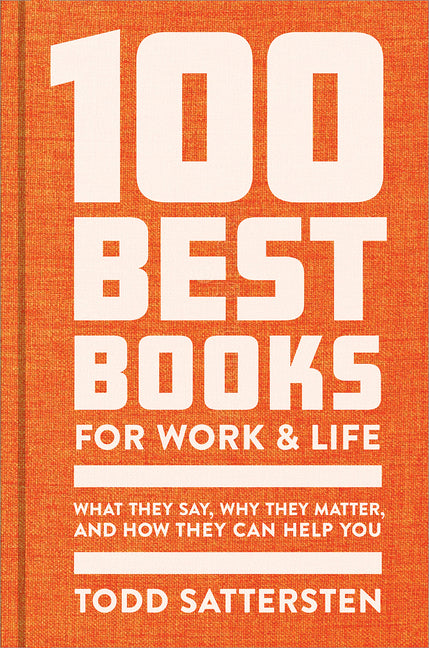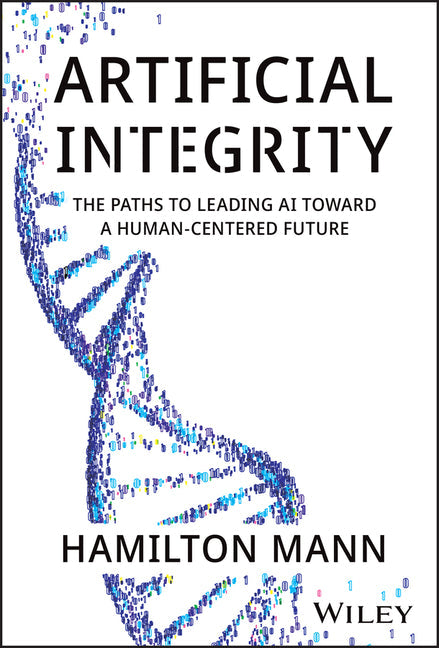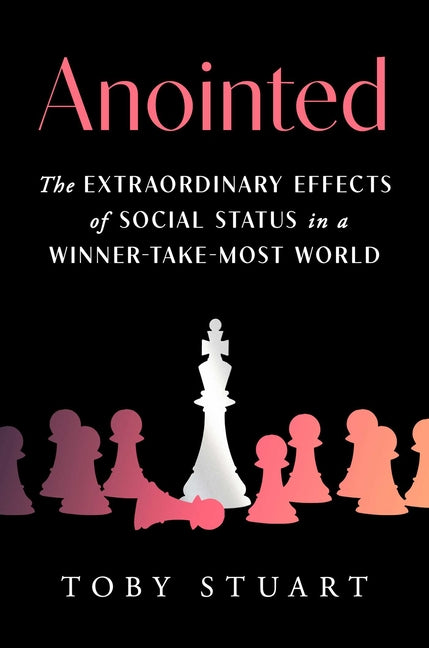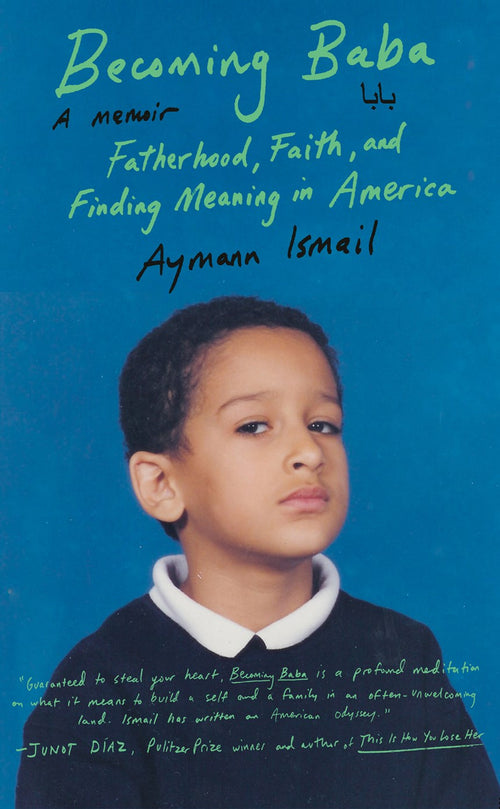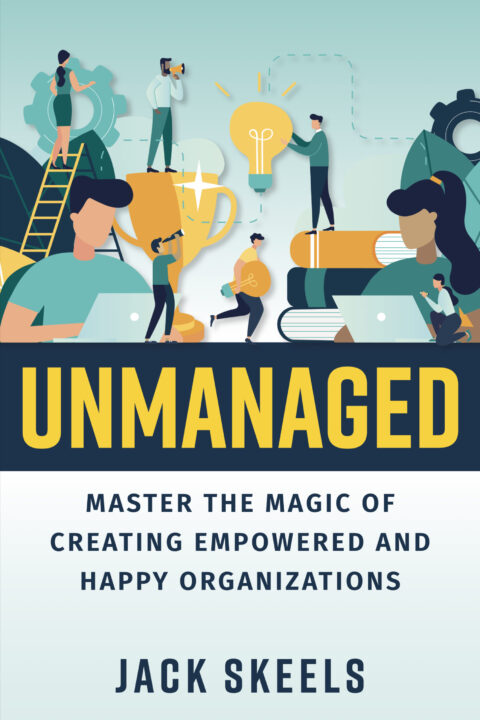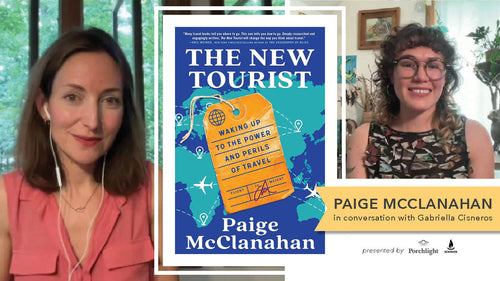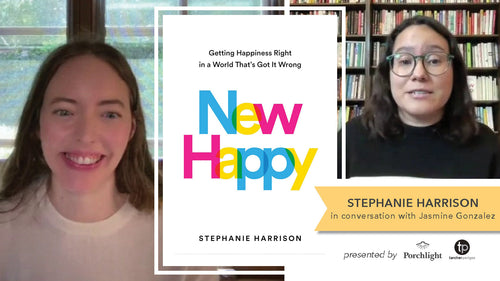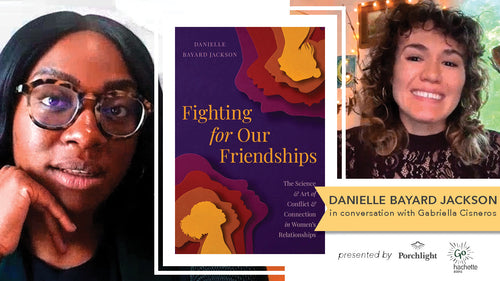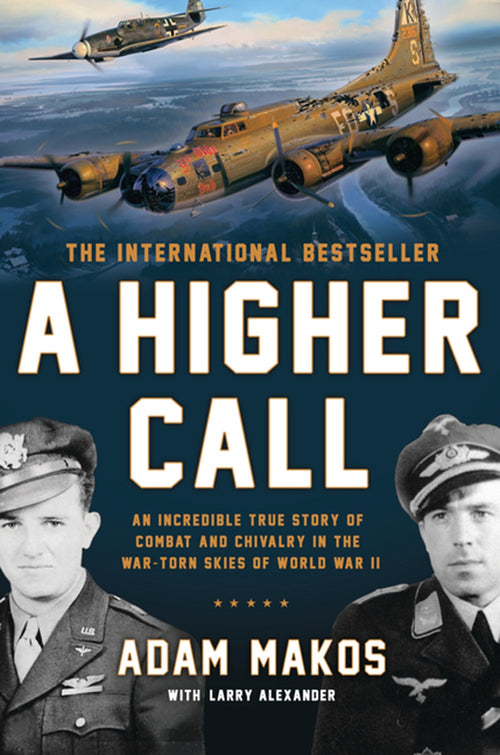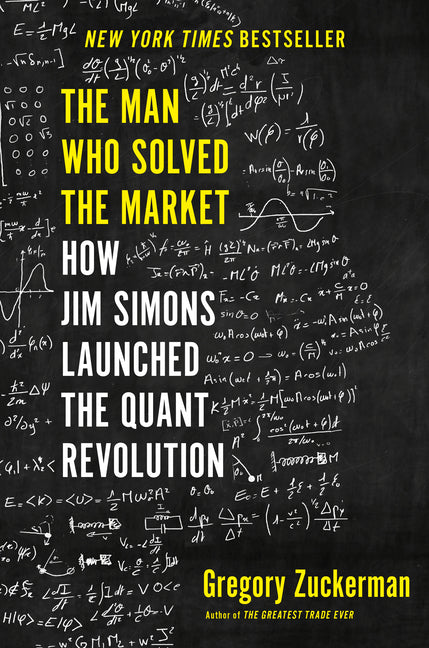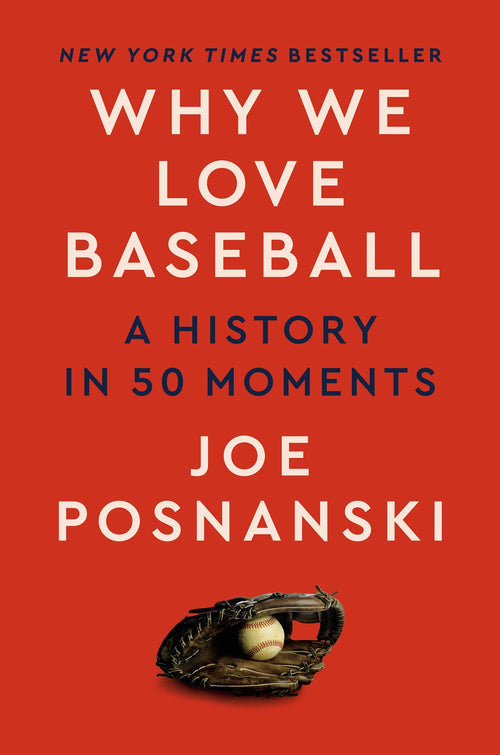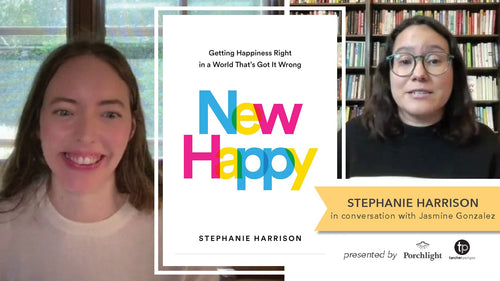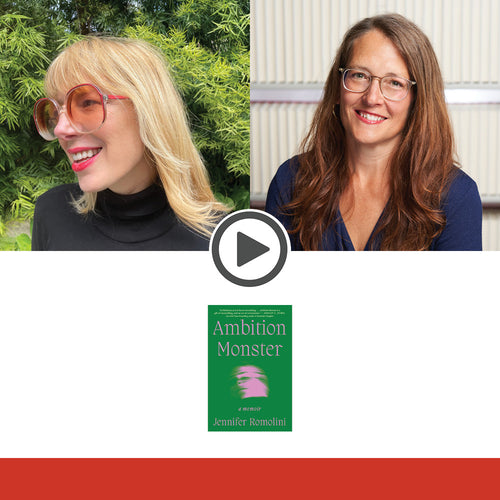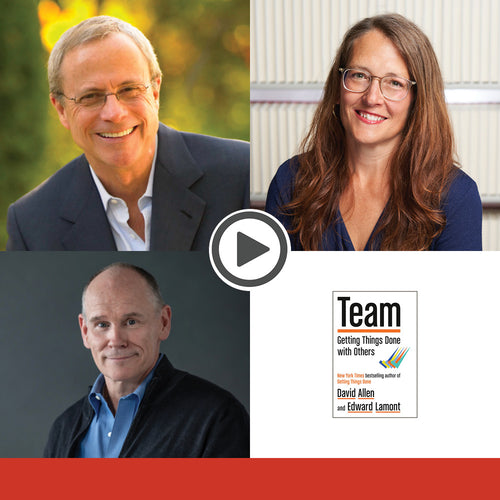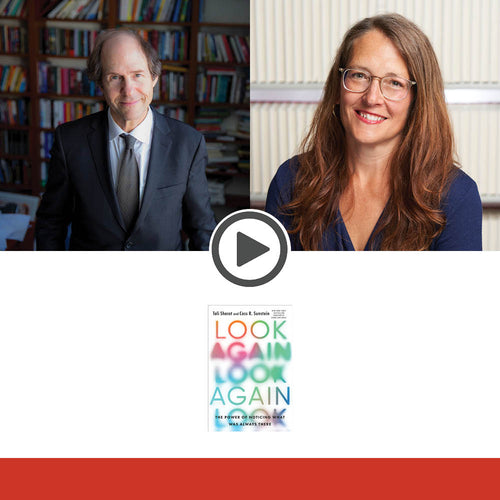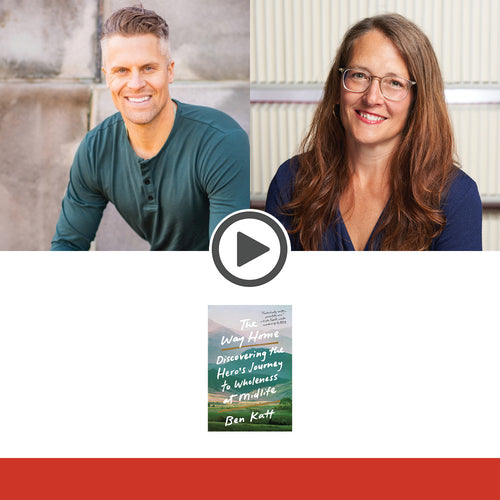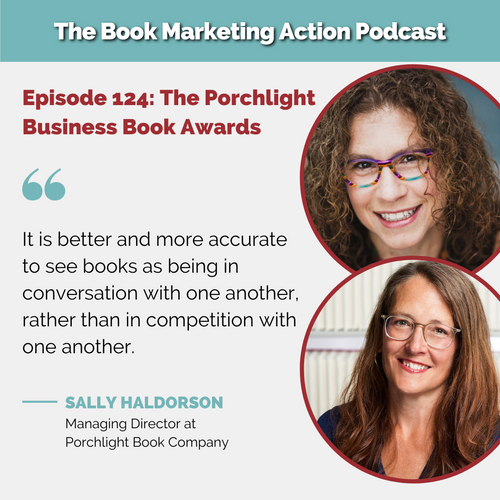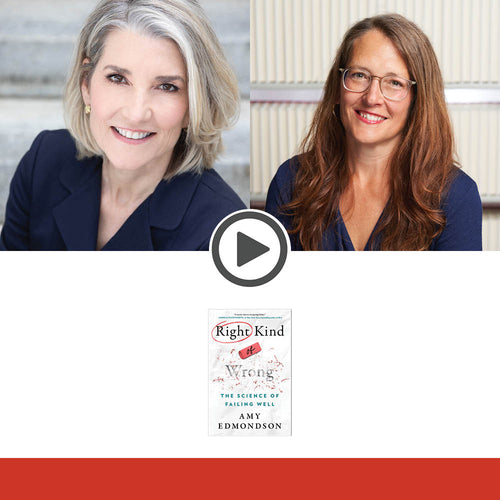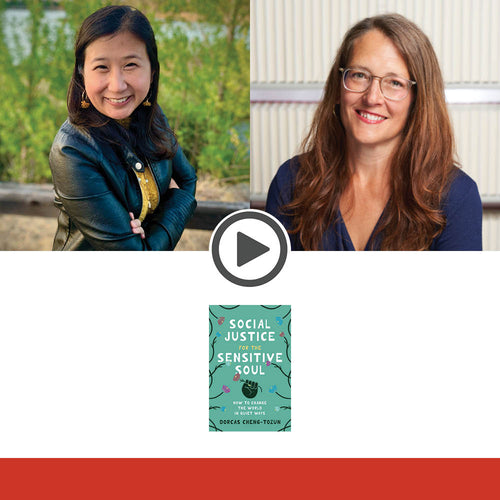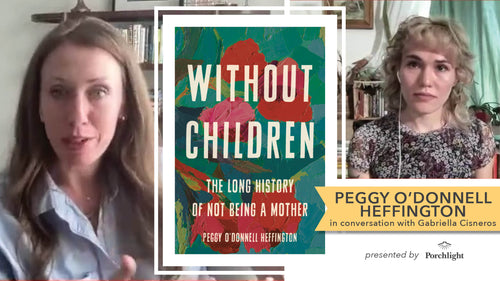A Q&A with Martin Dubin, Author of Blindspotting
What you don't see about yourself can hold you back as a leader. Clinical psychologist Martin Dubin shares the concept of blindspotting to help leaders unlock their potential.

We all hit a point in our work lives when things stop going well—a problem emerges that we think we can handle but discover we can't. The tools that got us this far somehow stop working. What are we missing?
We don't see what we can't see: we have blindspots.
The good news is that anyone can learn to do their own blindspotting. Clinical-psychologist-turned-entrepreneur-turned-business-coach Martin Dubin has spent years learning when and how leaders get in their own way, and he has turned that experience into a deeply practical blueprint to help readers identify their professional blindspots and work to overcome them.
Martin talked to us about his new book, Blindspotting, available now from your favorite book retailers.
◊◊◊◊◊
Porchlight Book Company: Congratulations on writing your book! How are you celebrating this achievement?
Martin Dubin: I was one year into writing my book and didn’t have a title. Walking to a favorite park, I asked myself, “What is my book about?” And the title came to me: it’s about blindspots; the title is Blindspotting.
I’m celebrating the book release with a party in that park with good friends and an all-you-can-eat ice cream truck.
PBC: Was there a specific moment when you knew you were going to write this book? What led up to that moment, and how did you kick off your writing journey from there?
MD: I never set out to write a book; it wasn’t in my life plan. I had semi-retired three months before the onset of the COVID-19 pandemic; certainly not a great retirement plan.
As we entered year two of the pandemic, to keep my brain engaged, I sat down to write about my unusual career—first as a Clinical Psychologist with a psychotherapy practice, then as an entrepreneur and founder of behavioral health companies, and finally as a psychologist/coach to business executives. I wrote about my clients; what I thought I knew; what had prevented people from being happy and fulfilled; and what I had said and done to help my clients lead meaningful lives. I tried to make sense of what I had learned and what questions I still had. The ideas just poured out. I would sit down to write, and 3 hours would pass.
After 4 months of writing, I thought, wait, this could be a book. I should take this seriously, and I began to organize my thoughts with a point of view toward what I was writing and why.
PBC: Who were some of the people who helped you along the way? How did they contribute to the creation of this book?
MD: I knew no one in the publishing business; no one who had published a book. I researched publishing and learned that non-fiction authors must first have a book proposal to send to an agent. And that most agents don’t work with first-time authors, or authors who don’t have a social media presence. Three strikes for me, but I didn’t count myself out yet.
Having written over 25,000 words, I was well on my way with the book, and although I had written business proposals, I had no idea what made a book proposal attractive, so I hired a ghostwriter. Jeremy Blachman became my writing partner, first for the proposal and then for the book. He is a true craftsman, who took my writing, my ideas, my stories and orchestrated them and made them sing.
At dinner with friends, I mentioned for the first time that I was writing a book proposal, and when I explained what my book was about, one friend pointed to Joan and said she would be interested.
“Why? I asked.
“Because Joan’s father was Peter Drucker (the author of over 25 books, specifically in my area of expertise), and she still acts as his agent.”
Joan introduced me to her father’s former editor, Steve Hanselman, who generously spent time with me polishing the proposal and then passed my proposal on to Roger Freet at Folio, who became my agent and put the book in the hands of Scott Berinato at Harvard Business Review Press.
I knew I had something to say, but without serendipity, and talented and generous people, I don’t know if the book would have been published.
PBC: What advice do you have for other potential writers in your field?
MD: For me, writing was an exercise in making sense of my career. I wrote first for myself, and then, when I decided to write for others, I had the difficult task of discovering what the book was about. For months, I continually peeled back layers of what I had written to determine why someone would be interested in what I had to say. For me, getting to the point where I could describe the book in one word and one sentence was the most essential part of the writing process.
PBC: Imagine that someone is holding your book in their hands. Is there anything you’d like to say to them before they begin reading?
MD: This is a book about self-discovery; it is about self-awareness. Self-awareness in the pursuit of better performance. It is a business leadership book, but I wrote it to stimulate personal insights, however they are applied. Read it with personal curiosity, without judgment.
PBC: Finally, what are some books that have had a significant impact on your life?
MD: As a psychologist, it should be unsurprising that I gravitate toward biographies. My favorite biography is Hero: The Life and Legend of Lawrence of Arabia. The most intellectually, emotionally, morally, and behaviorally complex individual I have ever read about.
About the Author
MARTIN DUBIN is a clinical psychologist, serial entrepreneur, and business coach who has worked directly with hundreds of C-suite executives from Fortune 500 companies, as well as with entrepreneurs and Silicon Valley venture capital firms and their portfolio companies. He has founded several companies, including a multimillion-dollar health-care company, where he also served as CEO.


